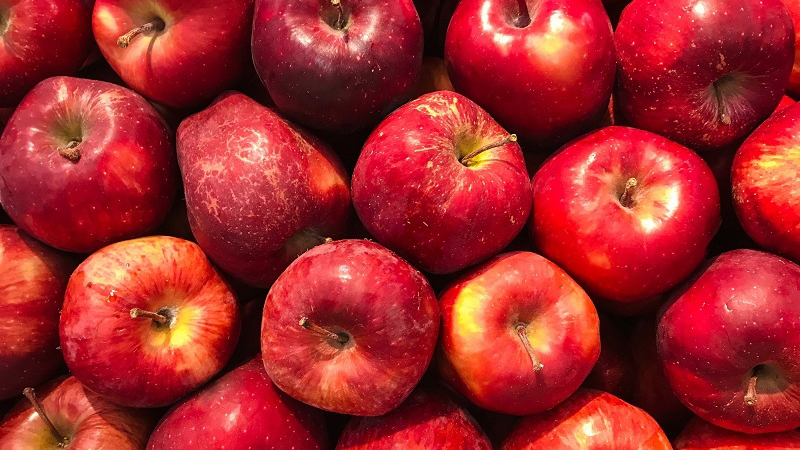Your Direct-to-Consumer Employees Are the Face of Agriculture
The majority of farms I work with focus on direct-to-consumer sales. Whether it is sales at a farmers’ market or cellar door sales in a winery’s tasting room. These interactions represent the most direct opportunity for producers to educate their consumers about agriculture. This education is not always easy to accomplish, but planning for it will improve the process.
Set the Stage
Imagine a busy tasting room at a winery. Things are crazy, there is a line, and the tasting room employees are scrambling to keep up. At the bar, a consumer asks a leading question, “This farm doesn’t use pesticides, right?” Skreetch!
Here is a tricky scenario. This farm does use a variety of fungicides, insecticides, and herbicides as part of its vineyard’s integrated pest management program. There are a few different ways the tasting room employee can respond.
- Lie. “Oh no, we would never use those terrible pesticides.”
- Indicate that they do not know what they spray and find an employee who does.
- Truthfully state, “Yeah, I have seen them spraying in the vineyard, but I don’t know what they spray.”
More than likely, you want the tasting room employee to respond with option B. However, that may not always happen. Here are some ways the farm could prepare better for these situations.
Help Your Staff
Put together information sheets for your employees that cover some of the complicated topics. Something like a frequently asked questions format works well. Better yet, some farms may anticipate these questions and print out their responses in order to share with tasting room guests when they inquire. Pesticides, glyphosate, labor, and organic agriculture are topics that consumers have probably heard about and are curious how your farm relates to these topics.
There may be good reason to have training sessions for tasting room employees. Give them the opportunity to meet with production staff to talk about how the farm works. For example, how and why they manage pests in the vineyard. In the winery situation, this training may give the tasting room employee the opportunity to do more education about how farming practices can influence the flavors in the wine.
At least, have a person familiar enough with the production side of the farm on hand, or in the tasting room, who can field these types of questions.
Pest management is serious, and it is very possible the consumer may have misconceptions about how your farm operates. It takes some time to explain some of the factors, but I think most
of us agree that we would rather have someone knowledgeable with the context explain the answer, rather than relying on information the consumer may have heard or seen.
It isn’t just at wineries that these situations come up. It may be at a farmers’ market, or farm stand, or pick-your-own operation, or any other agritourism type of operation. People are genuinely interested in where their food comes from and how it is produced. Taking the time to explain your processes may enhance the consumers’ view of your operation.










